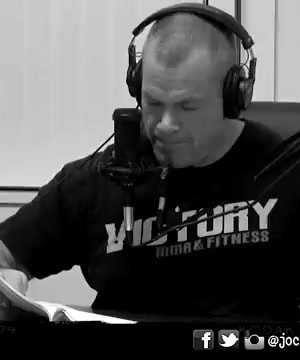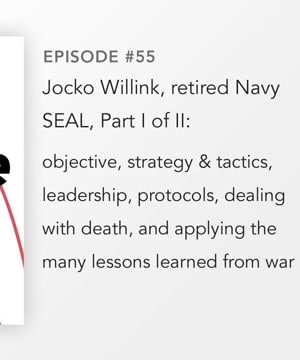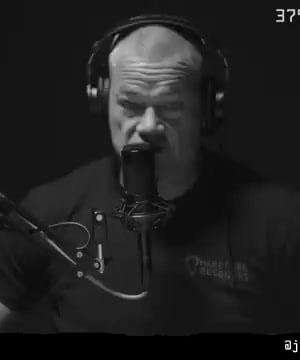Soldiering
Sources:
Insights into Soldiering from Experts
Decentralized Command and Modern Combat
=pers_158: discusses the shift from traditional battle tactics to modern, decentralized command in today's combat scenarios. He highlights that modern soldiers, who used to operate based on mass movements, now often act independently or in smaller, more flexible units. This requires clear communication from immediate commanders, who need to understand their objectives and adapt to the chaos of the battlefield 1.Realistic Training Scenarios
Realistic force-on-force training is emphasized by
=pers_158: as critical for preparing soldiers for the realities of combat. Implementing advanced training tools, such as laser tag systems that simulate real battlefield conditions, helps soldiers adapt to the stresses of combat, such as carrying heavy gear and experiencing simulated gunfire 2.Overcoming Fear and Statistics
Addressing the psychological aspects,
=pers_158: discusses managing fear and the tendency for soldiers to bunch up for comfort. He also questions the statistical representation of wartime casualties, emphasizing the importance of understanding the reality of front-line experiences. Religious faith is mentioned as a potential psychological support for soldiers facing fears in combat 3.These insights underscore the evolving nature of soldiering, focusing on agility, realistic training, and psychological resilience in modern warfare.
RELATED QUESTIONS


